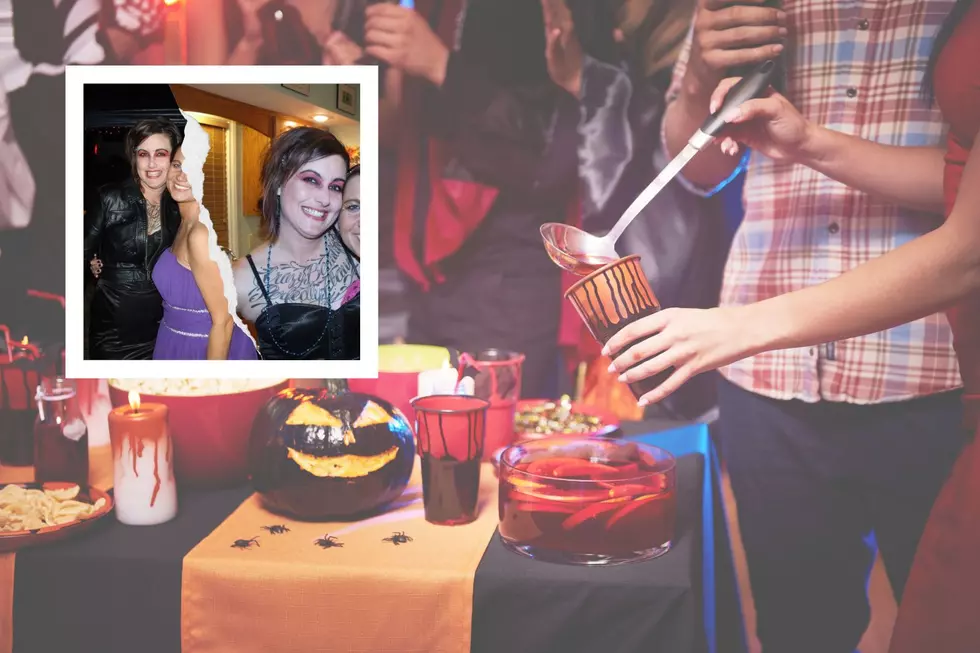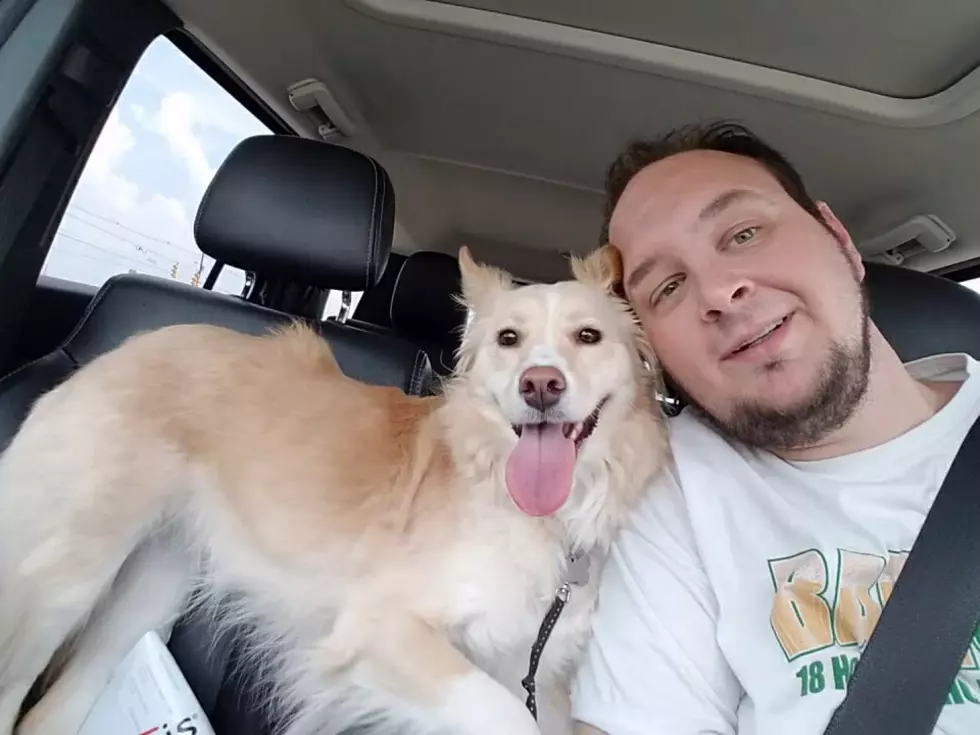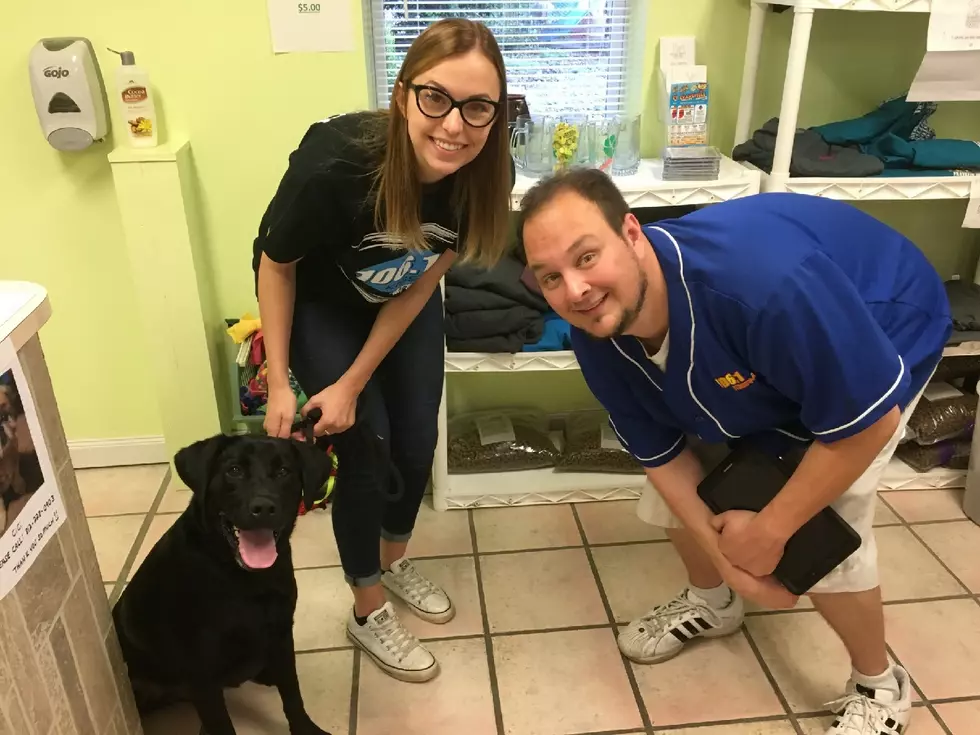
The Bane of Being a Car Buyer
Well, it's official. After last Tuesdays storm that rolled through Gibson & Warrick counties, my daily driver has been totaled by hail damage. This means it's time to start thinking about a new ride.
For most people, getting a new car is an exciting experience, and most of the time for me it is too. Unfortunately, when it isn't a planned purchase - sudden loss, and no trade in - it can actually be a giant pain in the butt.
That's a beautiful car in that photo, isn't it? I was so proud to drive off of the lot that day. That was the first "grown up" car that I have ever bought entirely on my own - no cosigner, no husband, just me & my resources. The first car payment that I made a month later, I actually called my dad to tell him how much of an adult I was because I had made my first payment on my first car. And now, here I am wondering what in the world I'm going to do now that the hail storm came in & destroyed my pretty car - not just body damage from hail, but it also knocked out the back glass, and it rained & hailed inside the car too.
So now, the process begins again... I really don't like to shop for cars. I really don't like to shop at all. I mean, who has the extra time? So I thought I would give you some tips that I've learned with my car shopping experiences.
- Set a budget. This may sound like a no-brainer, but it should definitely be done. Know how much you can afford not only on a monthly payment (We'll talk more about that payment amount in a minute), but also what that equates to for a total purchase price. Don't plan to buy more than you can afford.
- "Window Shop" online - decide what you are interested in and then go test drive. This will save tons of time. I like to use Autotader.com but Cars.com is another good online shopping tool.
- Know what the car your interested in is worth. Use NADA Guides & Kelly Blue Book. Make sure the asking price is a fair price. Also check (online) how much other dealers are selling the same car for with similar options and mileage. (If you're trading in your current car, check to see what it's worth as well so you can get the best trade in value.)
- If you've worked with a salesperson before, and were happy with the experience, check with them first. A returning customer is a great compliment and they will be happy to work with you again.
- Do not tell the car salesman what you want to pay a month. They will generally bend over backwards to sell you a more expensive (total purchase price) vehicle at the same monthly payment over a longer finance term. You already know your budget. Stick to it. The appropriate answer to "what kind of payment are you looking for?" is this: "The monthly payment is open. I'm looking to spend no more than $X thousand on my new car."
- If you've driven a car that you have fallen in love with, let them run the numbers & the paperwork. If the numbers don't work for you, say so. Thank them for their time, leave, and keep looking. You'll either find another "fall in love with" car or the salesman will talk to his manager and call you back in a day or so with a better deal.
- Remember, you are the customer. You are the one with the money to spend, and you choose where you spend it.
- Don't let yourself get pushed into buying something you are not 100% sure about. If they are pushy with you, go somewhere else. Again, you're the customer.
Something else to consider is GAP insurance. If you aren't familiar, it is extra insurance - separate from your comp/collision insurance. If you total your car, and your primary comp/collision insurance only pays part of what you still owe on your car after a total loss, you are responsible to the loan company/bank/credit union for the remaining amount on your loan. You would be making payments on a car that you no longer even own.
- Lets say you buy a car for $20,000 with a 5 year loan. If in 2 years you still owe $16,000 and you wreck (or in my case freak weather) & total your car, but your primary insurance says they'll pay off $14,500. You still have $1,500 in debt to your lender. GAP insurance will pay the lender the remaining $1,500.
What GAP insurance does is pay off the difference to the lending company so your loan would be paid off in full. Normally, GAP insurance can only be purchased at the time that you buy your new car, but it isn't super expensive. In fact, it may only add one to two dollars to your monthly payment.
I hope that if you are in the market for a new car, that this helps! Now, I should get back to my "window shopping" so I can decide on my next car!
More From WDKS-FM









